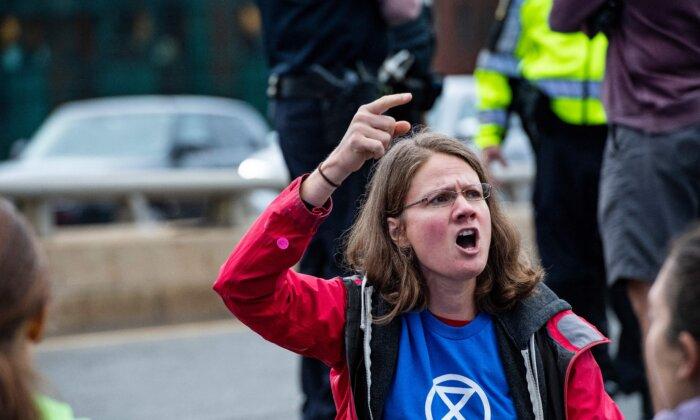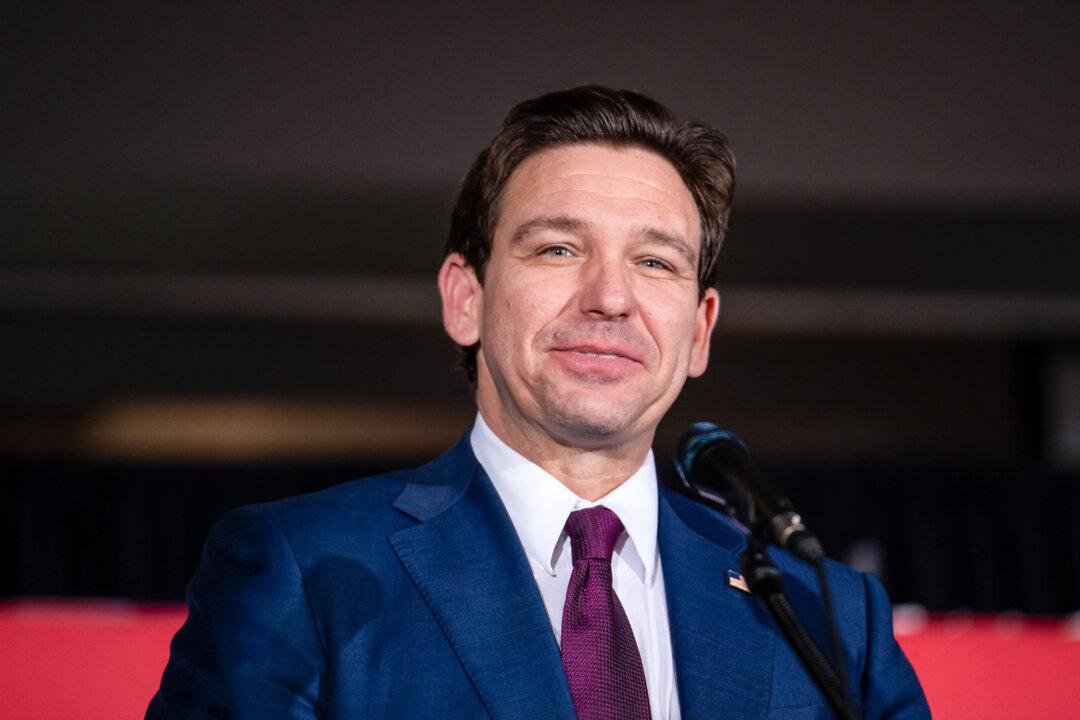Climate scientist Judith Curry warned that “genuine” climate experts are a shrinking group while alarmists are “exploding” and taking over the mainstream narrative on climate change issues.
“Then the second class is people who actually have some understanding, who can read the full U.N. climate report, the full one, and actually understand it.”
“And then there’s the third class, people who are genuine experts, who can critically evaluate all that. And, unfortunately, that third category is shrinking proportionally because the rest of the climate field is exploding.”
“You have a preponderance of this category one people, like Bill Nye, who are judged to be experts, who are talking about all this,” Ms. Curry said.
In the 50s, 60s, and 70s, climate scientists used to be “more skeptical” about the mainstream narrative of climate change as they had “very rigorous education” in fields like geophysical fluid dynamics and climate dynamics.
As such, they were capable of understanding the circulation patterns and what was going on with the climate, she said.
Climate Propaganda and University Politics
When asked in the interview why scientists who are aware of the climate change propaganda do not push back, Ms. Curry pointed to reasons like institutional pressure and funding.
If a person who talks against climate extremism were to work at a university, “it’s going to be very uncomfortable for them,” she said. “There’s a young geologist who recently left the University of Alabama, actually before his tenure decision, saying ‘I don’t want to play this game.’”
“And then people have retired prematurely, like myself. And then a few have stuck it out and they’ve been able to manage if they have friends in high places.”
Ms. Curry retired from the Georgia Institute of Technology in 2017. In a blog post detailing her retirement, she said “a deciding factor was that I no longer know what to say to students and postdocs regarding how to navigate the CRAZINESS in the field of climate science.”
“Research and other professional activities are professionally rewarded only if they are channeled in certain directions approved by a politicized academic establishment—funding, ease of getting your papers published, getting hired in prestigious positions, appointments to prestigious committees and boards, professional recognition, etc.,” she wrote.
“How young scientists are to navigate all this is beyond me, and it often becomes a battle of scientific integrity versus career suicide.”
In her Oct. 3 interview, Ms. Curry pointed out that the only people who speak up against climate extremism are those who are retired and private sector workers.
As to why such climate extremism is being pushed, Ms. Curry replied; “Personal politics, they’re environmentalists, they want fossil fuels to go away, anti-capitalists, anti-democratic, the whole thing … the whole university disease.”
“Universities are very liberal places for the most part and there’s a few bastions of sanity,” she said. “It’s not every university, but if you’re a state university in a blue state, of course, you’re going to be doing that,” she said, referring to the pressure to push climate alarmist research.
Scientists Push Back Against Climate Extremism
Many scientists are taking a stance against climate alarmism. In August, the Global Climate Intelligence Group (CLINTEL) released its World Climate Declaration, signed by over 1,600 scientists and professionals, stating that “there is no climate emergency.” Signatories included 321 experts from the United States.The coalition pointed out that Earth’s climate has varied as long as it has existed, with the planet experiencing several cold and warm phases. The Little Ice Age only ended as recently as 1850, they said.

“Therefore, it is no surprise that we now are experiencing a period of warming,” the declaration said. “Climate science has degenerated into a discussion based on beliefs, not on sound self-critical science.”
IPCC is “not a science organization,” he said. Instead, “It is a political organization composed of the World Meteorological Organization and the United Nations Environment Program … The IPCC hires scientists to provide them with ‘information’ that supports the ‘climate emergency’ narrative.”
“Their campaigns against fossil fuels, nuclear energy, CO2, plastic, etc., are misguided and designed to make people think the world will come to an end unless we cripple our civilization and destroy our economy. They are now a negative influence on the future of both the environment and human civilization.”
“Environmental science is a complex field of study, with research that remains far from conclusive findings on subjects such as climate change. Yet under the influence of left-wing ideology, many ‘green’ activists and organizations have simplified and turned environmental protection into a highly politicized struggle, often employing extreme methods and radical narratives—sometimes to the point of religious fervor.
“Rather than following the ancient teachings of moderation and conservation, radical leftist environmentalists eschew morality and tradition in their crusade against everything they deem the “enemy” of environmentalism, from private business to procreation. Mixed with other radical movements, the green cause has come to be defined by misleading propaganda and authoritarian political measures, turning environmentalism into a kind of ‘communism-lite.’”







